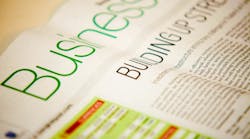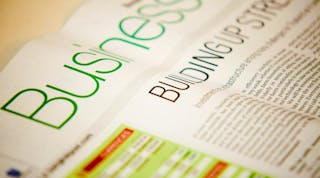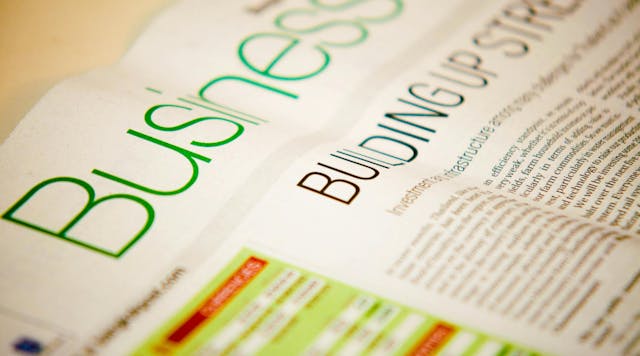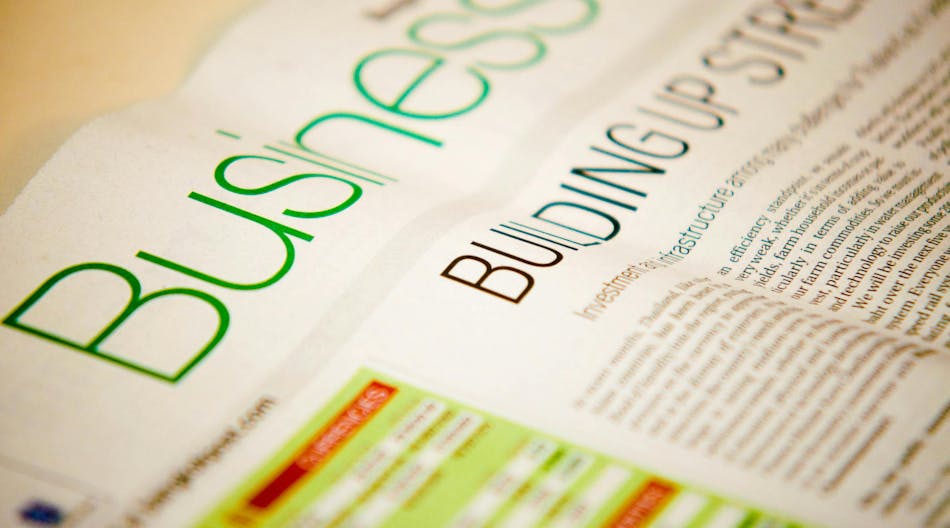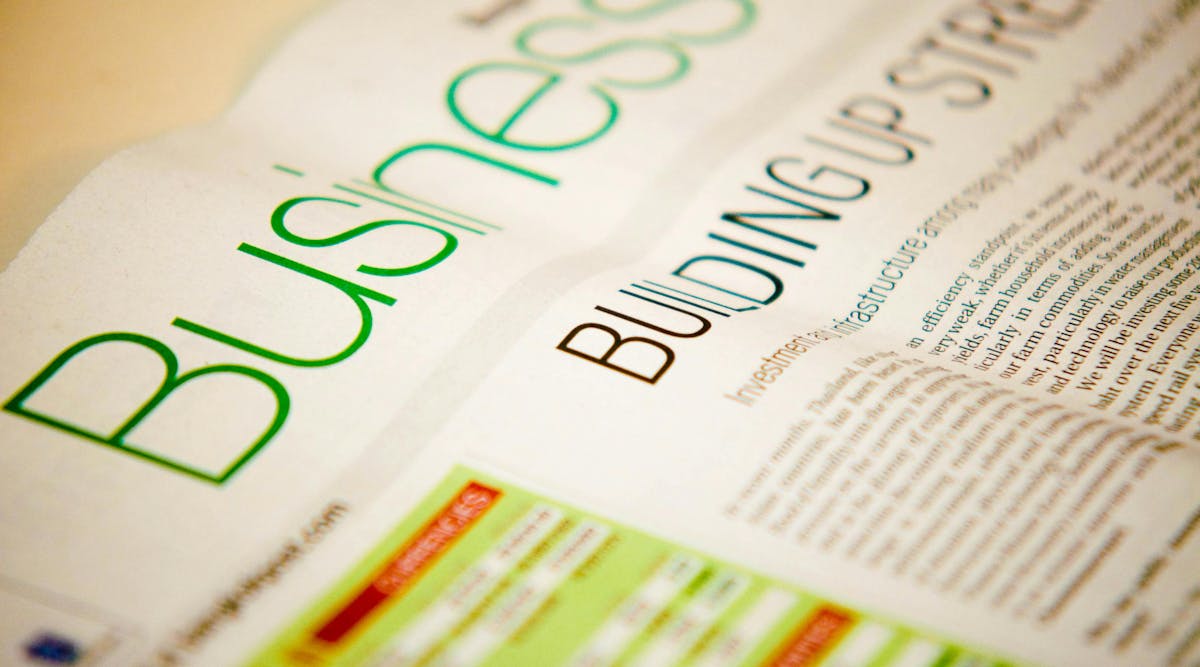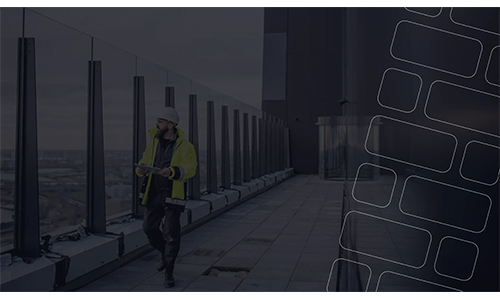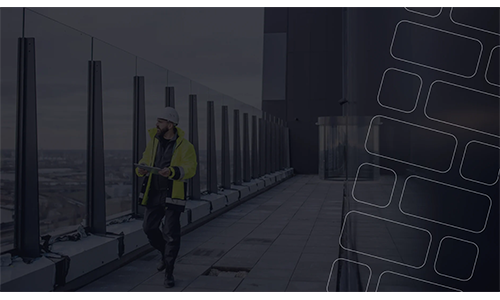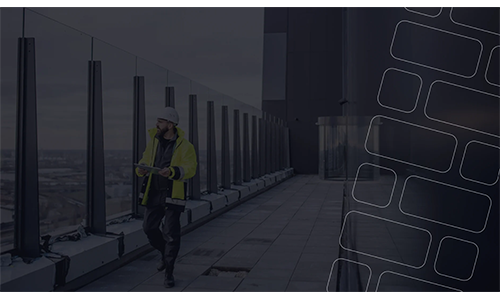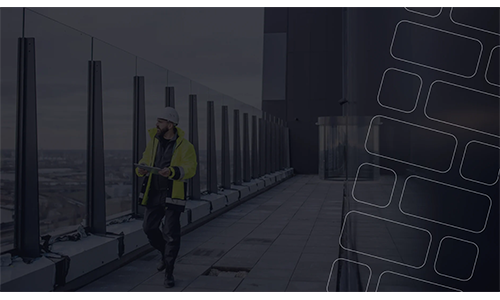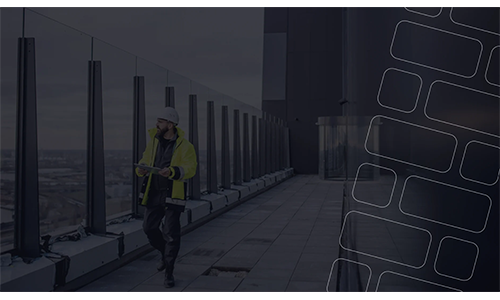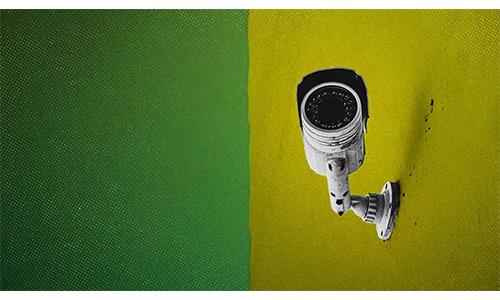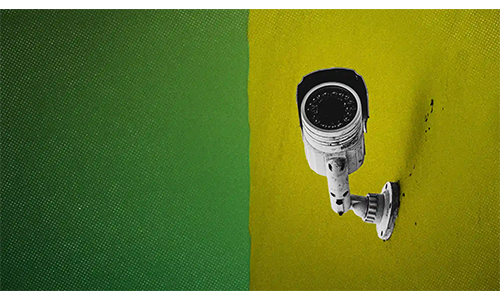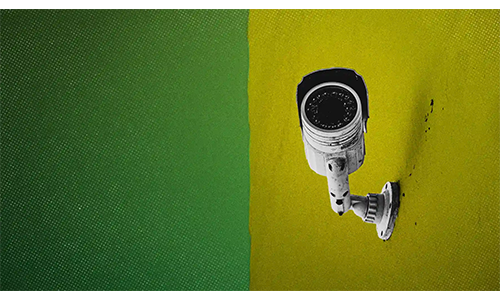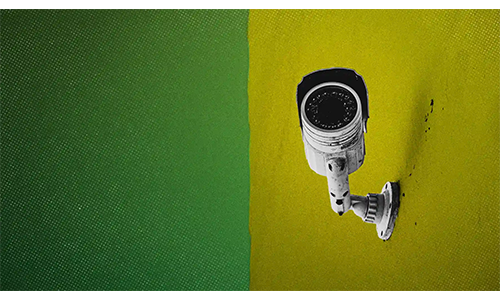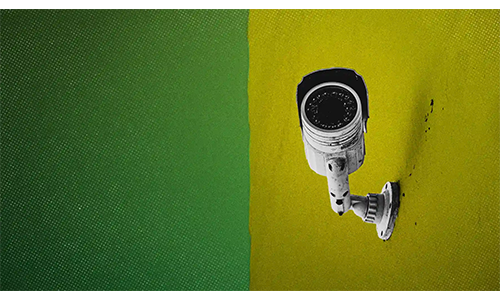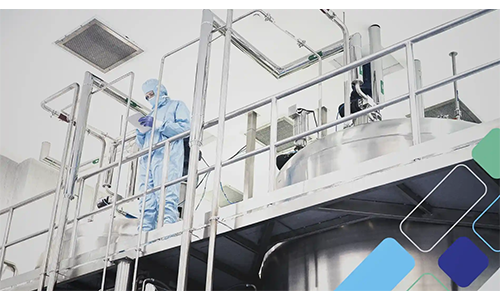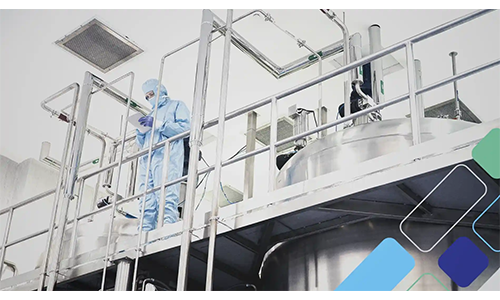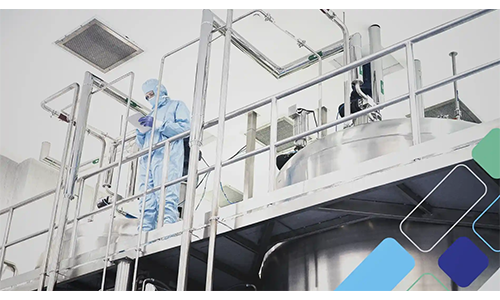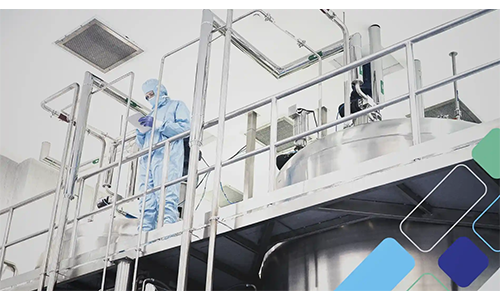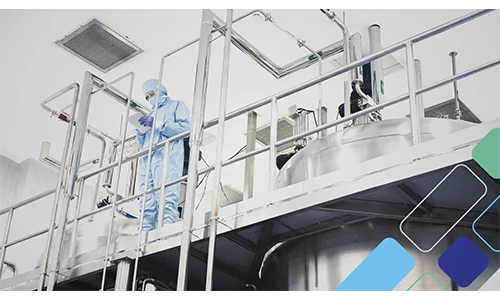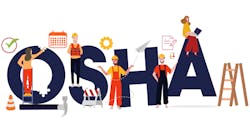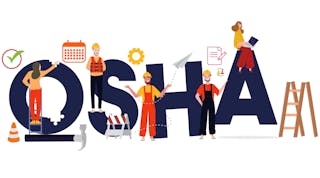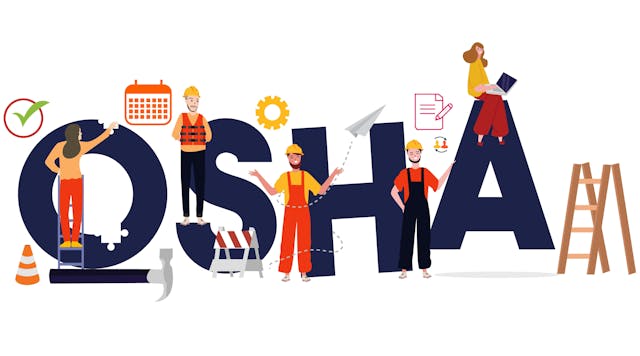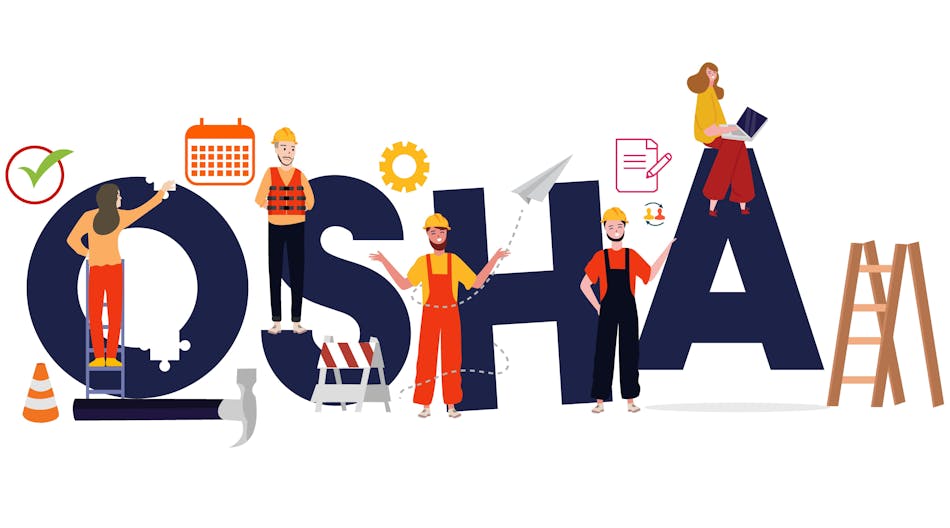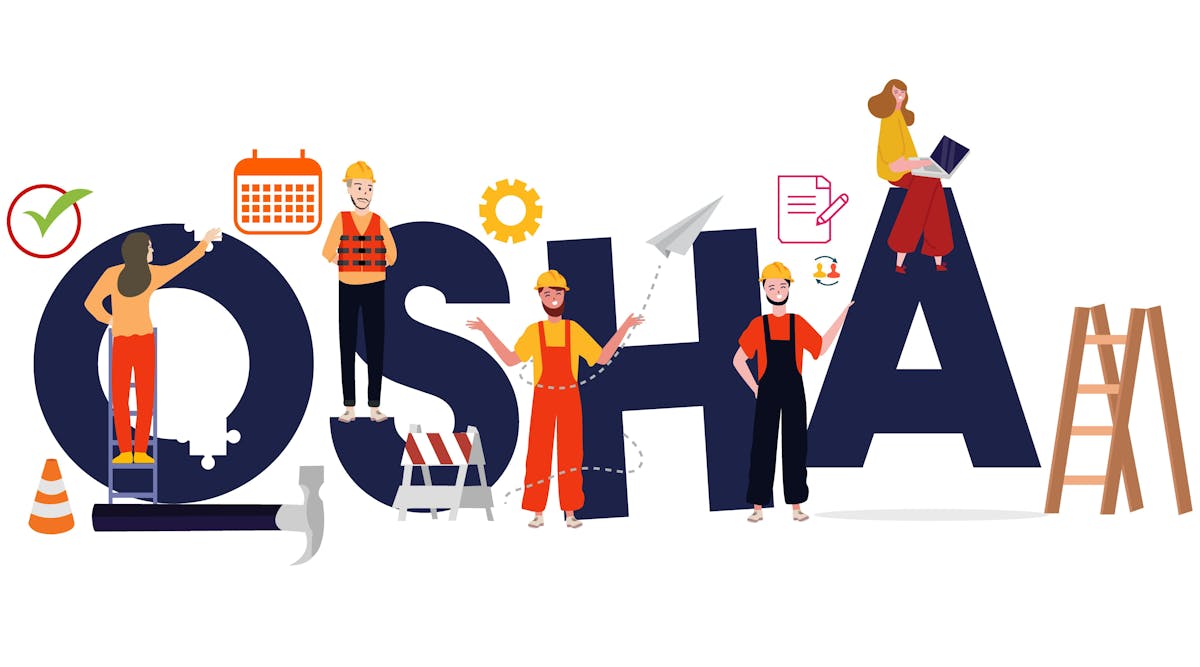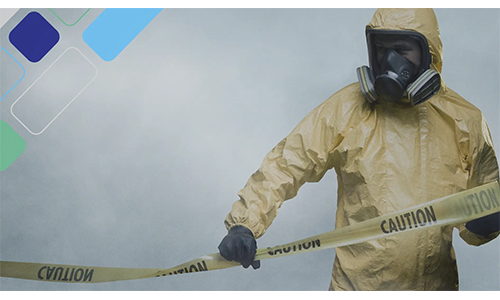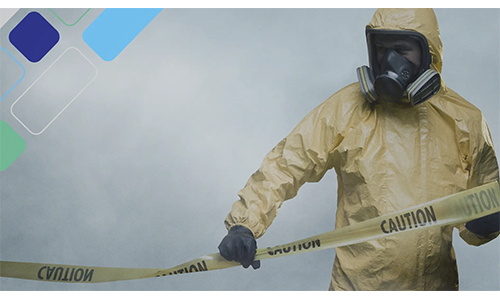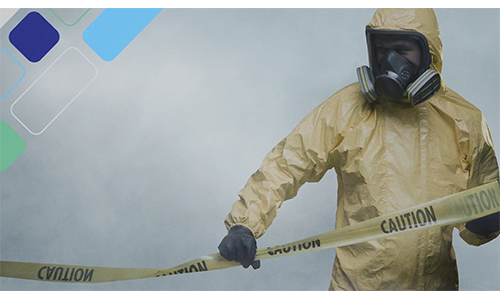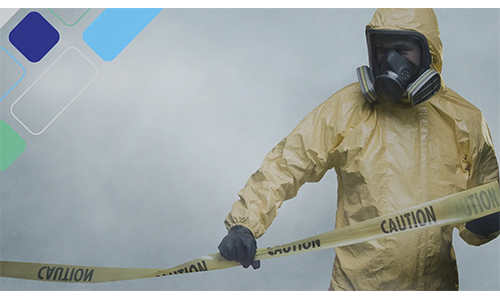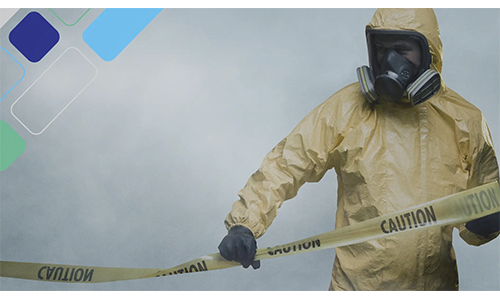This week, we’re deep in the thick of things—and all sorts of scattered. Fortunately, vacation is on the horizon.
We often think of vacation, or PTO, as time to hit the beach. But it’s more than that. Taking time off to rest and recharge, be it on the sand or on couch, is critical for our mental health and well-being.
That is true all year round, but we’d like to take this opportunity to discuss mental health, as May is Mental Health Awareness Month. EHS Today covers mental health as part of the ‘H’ in our title. And as much as we talk about mental health, there’s always more to say—especially after over two years in a global pandemic.
Many of us are struggling. Nearly one in five U.S. adults (52.9 million) were living with a mental illness in 2020, according to the National Institute of Mental Health.
Wherever you are and whatever you’re doing, we hope you find ways to rest, recharge and rejuvenate so you can continue doing the important work. We want you to know the world needs you, and that your present isn’t necessarily your future. Please do not hesitate to talk to someone at the National Suicide Prevention Lifeline at 800-273-8255.
A New Look at Office Snacks
OK, we’re going to put this out there: We love donuts. When there were donuts (or any other pastries) for meetings, those meetings just seemed better.
It seems we’re not alone. Emily Stewart of Vox explores this more recent office perk and shares her thoughts by looking at the whole donut, er, picture. It’s certainly plenty of food for thought.
There’s a lot to digest—sorry, we just lose our self-control when it comes to donuts—but it gets to the core of workplace culture. While donuts may be delicious, they’re not exactly a nutritious snack. Indeed, sugary, salty or other high-carb snacks can run counter to other workplace efforts to encourage mindful eating and adopt a healthy lifestyle to prevent or better manage diseases and other conditions.
But she also dropped a truth bomb about snacks, one of the relatively new office perks that is getting some attention as companies try to lure workers back to the office: “[Companies] get you to work a little harder and a little longer and feel a little better about it because food, psychologically, can make people feel better. And companies get a tax deduction on what they spend on snacks to boot.”
That made us ask, “et tu donut?”
Read the full article here.
No More Meetings, Please
While donuts can make meetings better, we usually would prefer to eat our donuts and sip our coffee by ourselves at our desk—or at least in the breakroom.
So, when we saw The Wall Street Journal offer strategies to avoid meetings and other nonproductive gatherings, we were all ears. And yeah, we may joke about meetings, but the staggering amount and drain on productivity isn’t funny.
A study of 15,000 people found that professionals now spend 21.5 hours in meetings, an increase of 7.3 hours a week since the onset of COVID-19. Many of those meetings were in response to lack of face time as workplaces adjusted to a new work environment. Even though many companies are herding their workers back to the office (at least part of the time), the added meetings unfortunately seem to be here to stay.
Author Dorie Clark offers four strategies to get yourself off the invite list or cancel the meeting altogether. We can’t definitively say we’re going to try them in case our boss(es) are reading this roundup, but we do find these ideas…interesting.
The next time you get that e-invite, consider what Clark wrote: “If it's the default in your company to suggest a meeting, the bar for a meeting-worthy occasion is likely low. So you can't simply assume that because you've been invited that it will be a good use of your time.” Then, respond as you like or must—and remember you can lead change from within.
Read the full article here.
When Tragedy Strikes
On May 9, Columbia University administered the 2022 Pulitzer Prize awards. As journalists, we are proud of the important work our fellow colleagues are doing in the world to affect change. It reminds us of our purpose and why we do the work we do.
We’re still making our way though the winning journalism stories, but there’s one that unfortunately caught our eye. The Tampa Bay Times won a Pulitzer for Investigative Reporting for its series on highly toxic hazards inside Florida’s only battery recycling plant.
It is difficult to read because it’s an example of what happens when a company puts profits before people. There are so many passages that caught our eye and, frankly, hurt our heart. Here are two examples:
“The Times obtained and analyzed more than 300 air samples collected by the company from monitors attached to workers from 2007 to 2019. Lead levels exceeded the protection capabilities of the respirators issued to most workers 16 percent of the time plantwide and 26 percent of the time in the furnace department.”
“Plantwide, at least 14 current and former workers had heart attacks, cardiac arrests or strokes in the last five years, according to interviews and medical records. All were younger than 60. Three, like Ric Hattan, were under 45.”
Still, we encourage you to read the series and peruse the other winners, which was notably more diverse than in years past, here.
Read the Tampa Bay Times series here.





